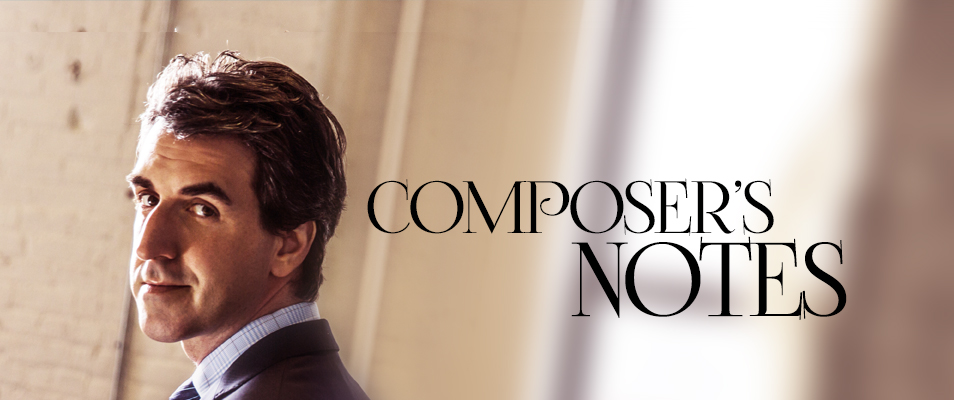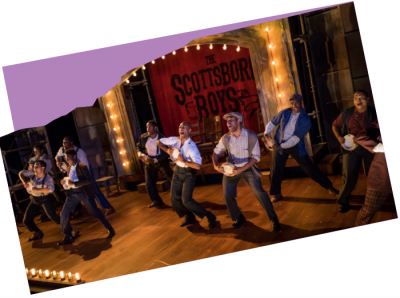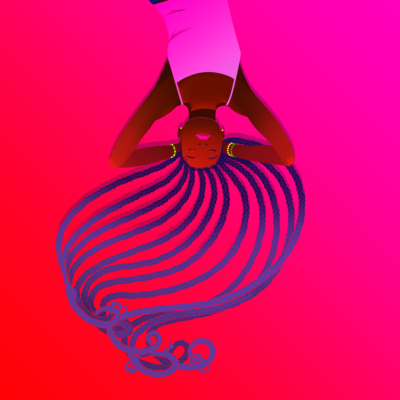Your donation sets the stage for a new season of Boston's most intimate, entertaining and provocative plays and musicals. Our shows make powerful connections with our audiences-- and they are only possible because of you.
Jason Robert Brown: Composer’s Notes




Jason Robert Brown: Composer’s Notes
I had been writing comedies for several years, and the longer lines of romance and yearning and fantasy had been building up, swirling around my head unchanneled, imprecise. When Marsha and I did The Trumpet of the Swan, big music started to leak out, expansive music, something beautiful. I was afraid of turning off the tap, so I told Marsha we should look for a project that would be serious and intense and overflowing with unrestrained passion, which is not the kind of thing I say very often. I said I was ready to write La Traviata. We set out to find a story.
The story found us. Robert James Waller’s agent approached Marsha to adapt The Bridges of Madison County, and she immediately knew this would be our project. I had never read the novel but I regarded it warily – I was a 22-year-old single guy living in Manhattan when it first came out, and I was not, to put it mildly, the target audience—but Marsha saw in it a deeper resonance and a fiercer moral energy than I would have perceived, and she sold me on the struggles of these broken characters who each see a piece of themselves trapped inside the other. I suggested we conceive it as an octet, a piece for eight lonely voices on a large stage.
The piano reflects my energy back at me, neurotic and complicated—I know the instrument so well by now that I sometimes have to wrestle with it to make it surprise me, and I knew that the skittery and dense music that the piano and I traditionally made together wasn’t the right sound for this piece. I’d played guitar the way most guys who hang around rock bands play it – I knew a couple of chords and I could keep time relatively well – but I felt like the guitar was my way into the world of the Johnson family in Winterset, IA in 1965, so I bought a black Takamine and hoped for the best.
From the beginning, the music flooded out of me, music that I didn’t entirely recognize as my own but that was clearly speaking some revelation I had yet to confront in myself. Knowing that I was writing for Kelli O’Hara meant that I had an extraordinary instrument of virtually unlimited emotional range, and so I dove in as deep as I knew how. I felt myself sometimes butting up against the corny, the cheesy, the sentimental, but I decided in those moments to push harder through it, not to be cynical about love or family but to sing about them with ecstatic truth.
We can love in many different ways, and we can love different things simultaneously. It is hard – it is insane -to place one love above another. With every show I’ve written, I begin by thinking it’s just a job, the story doesn’t have anything to do with me, and I end by realizing I have exposed some deep scary part of myself. I am unspeakably grateful to my beautiful family for holding our lives together while this score got pushed out into the world —I spent four years learning about Robert and Francesca and figuring out how and why they made the choices they did, and this show celebrates, in many ways, the staggeringly high price and the even greater value of the commitments and the choices we make to build a home.
From The Bridges of Madison Country (Original Broadway Cast Recording) available on Ghostlight Records. Reprinted with permission.
 Past Productions
Past Productions PRU PAYNE
PRU PAYNE ain't no mo'
ain't no mo' a man of no importance
a man of no importance JAJA’S AFRICAN HAIR BRAIDING
JAJA’S AFRICAN HAIR BRAIDING




